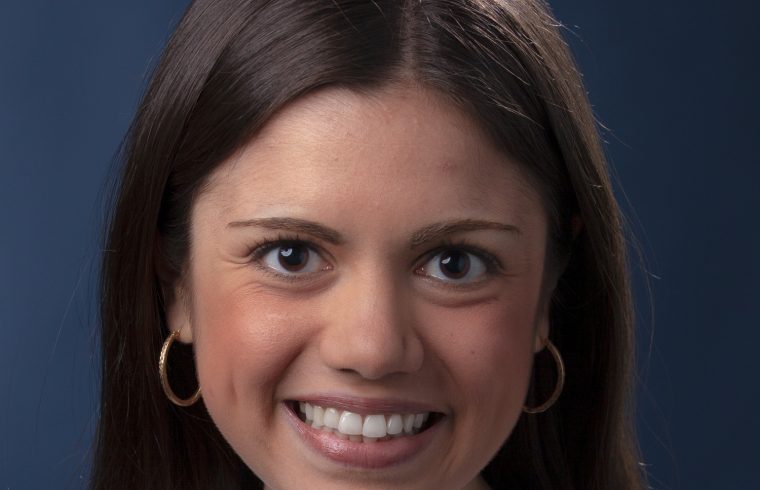A black student at a Christian school in Virginia who accused three white sixth grade boys of cutting her dreadlocks and calling her ugly now says she was lying about the attack.
Amari Allen, 12, told NBC Washington last week that she was playing at recess at Immanuel Christian School in Springfield when one boy grabbed her arms, another put his hands over her mouth and a third cut her hair.
“They said my hair was nappy and I was ugly,” she said.
The alleged incident garnered national attention partially because Vice President Mike Pence’s wife, Karen, teaches part-time at Immanuel Christian School.
On Monday, Stephen Danish, the head of Immanuel Christian School, said in a statement that Amari had “acknowledged that the allegations were false.”
Danish thanked the Fairfax County Police Department for their work investigating the accusations. The Fairfax Police Department had no comment Monday.
Amari’s family’s attorney told NBC Washington that security camera footage viewed during the investigation showed that the attack did not happen where and when Amari alleged. She does maintain that she has been bullied, the attorney said.
“While we are relieved to hear the truth and bring the events of the past few days to a close, we also feel tremendous pain for the victims and the hurt on both sides of this conflict. We recognize that we now enter what will be a long season of healing,” Danish’s statement said.
“This ordeal has revealed that we as a school family are not immune from the effects of deep racial wounds in our society. We view this incident as an opportunity to be part of a learning and healing process, and we will continue to support the students and families involved,” he said.
False claims of racially-motivated assault are rare, according to Katheryn Russell-Brown, who directs the University of Florida Law School’s Center for the Study of Race and Race Relations.
Hate crime hoaxes are, however, more common in certain settings, including schools, said Russell-Brown, who examined more than 100 major racial hoaxes for her book, “The Color of Crime: Racial Hoaxes, White Fear, Black Protectionism, Police Harassment, and Other Macroaggressions.”
In a statement, Amari’s family apologized to the three boys and their parents, the school and the community.
“We understand there will be consequences, and we’re prepared to take responsibility for them. We know that it will take time to heal, and we hope and pray that the boys, their families, the school and the broader community will be able to forgive us in time,” the statement said.
Janell Ross contributed.












